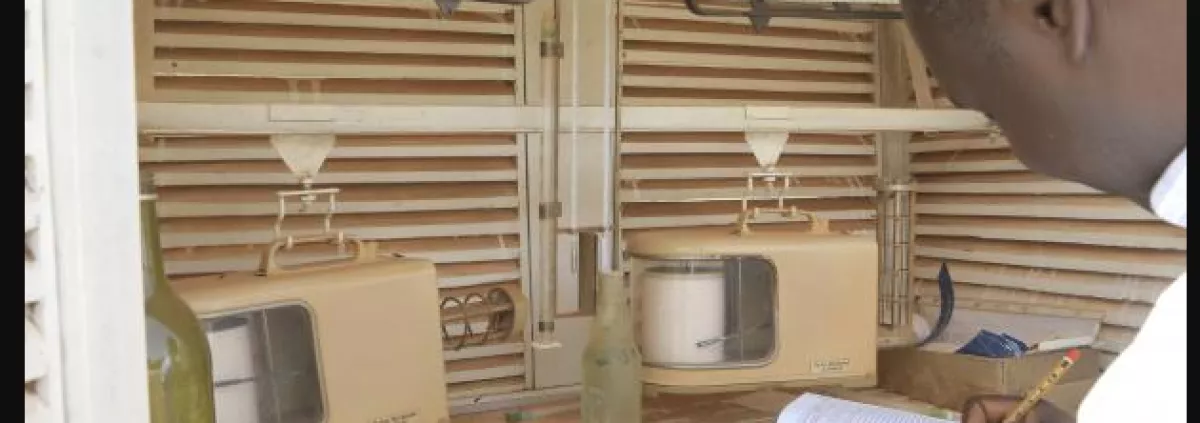Established in 2006, the Global Facility for Disaster Reduction and Recovery (GFDRR) is a global partnership that helps low- and middle-income countries better understand and reduce their vulnerability to natural hazards and climate change.
Among their thematic areas is Hydromet Services and Early Warning Systems. GFDRR works alongside developing countries to improve their ability to understand, predict, and warn their citizens of hydrological and meteorological (hydromet) hazards. Supporting governments to strengthen their hydromet monitoring, forecasting and early warning systems.
GFDRR's support also includes technological systems upgrades to gather, analyse, and produce hydromet data, and the provision of training on how best to share and use that knowledge for decision-making purposes. GFDRR also engage closely with national hydromet services and the World Meteorological Organization (WMO).
Within their hydromet services and early warning systems, comes Climate Risk and Early Warning Systems (CREWS) initiative, a specialised system which aims to save lives, assets and livelihoods through increased access to early weather warnings and risk information for people in Least Developed Countries (LDCs) and Small Island Developing States (SIDS) – the world’s most vulnerable countries.
Accurate and timely early warning systems can make the difference between life and death. CREWS projects help governments to better forecast and quickly alert people about flood and drought risks. The World Bank/GFDRR implements projects funded through the CREWS Trust Fund, project case studies may be viewed here.
